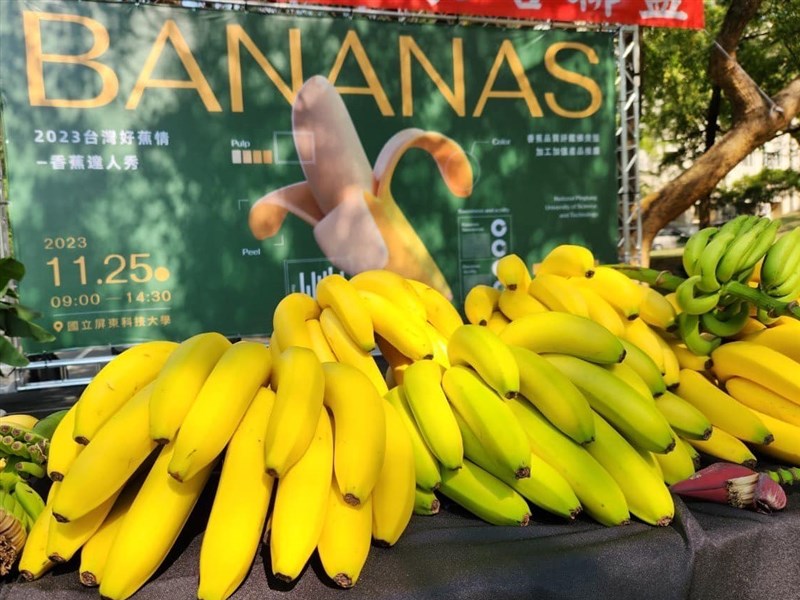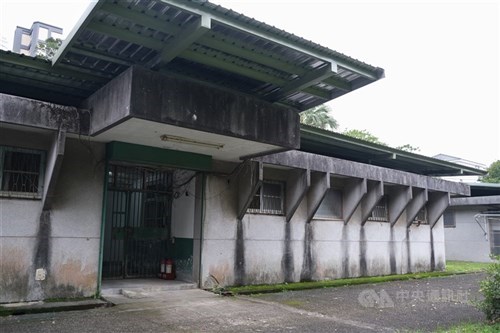FEATURE / Amid challenges, coordination to be key for new environment minister
05/16/2024 06:42 PM
Peng Chi-ming (彭啟明), Taiwan's soon-to-be environment minister, may have to count on all the experience he has racked up as an open government data advocate, entrepreneur, and meteorologist to bring various interests together in addressing climate change.
(Full text of the story is now in CNA English news archive. To view the full story, you will need to be a subscribed member of the CNA archive. To subscribe, please read here.)
More in FEATURE
-
![Banana threat: Taiwan decodes secret to tackling banana killer TR4]() Banana threat: Taiwan decodes secret to tackling banana killer TR4When the banana-killing Panama disease was detected in September 2025 in Ecuador, the world's largest banana exporter, it sent chills through the global industry.02/20/2026 12:30 PM
Banana threat: Taiwan decodes secret to tackling banana killer TR4When the banana-killing Panama disease was detected in September 2025 in Ecuador, the world's largest banana exporter, it sent chills through the global industry.02/20/2026 12:30 PM -
![Beyond new clothes: Children in need get private LNY shopping session]() Beyond new clothes: Children in need get private LNY shopping sessionOutside the flagship store of Taiwanese apparel brand NET in downtown Taipei, a queue -- made up of children and their parents -- had formed well before regular opening hours, despite the chilly late-January morning.02/14/2026 04:03 PM
Beyond new clothes: Children in need get private LNY shopping sessionOutside the flagship store of Taiwanese apparel brand NET in downtown Taipei, a queue -- made up of children and their parents -- had formed well before regular opening hours, despite the chilly late-January morning.02/14/2026 04:03 PM -
![How a site of White Terror persecution became a human rights venue]() How a site of White Terror persecution became a human rights venueThe transformation of a dark remnant of Taiwan's authoritarian past into a venue for human rights education began in 2009, with the discovery of dozens of formalin jars containing human body parts inside an abandoned building in New Taipei's Xindian district.02/12/2026 08:24 PM
How a site of White Terror persecution became a human rights venueThe transformation of a dark remnant of Taiwan's authoritarian past into a venue for human rights education began in 2009, with the discovery of dozens of formalin jars containing human body parts inside an abandoned building in New Taipei's Xindian district.02/12/2026 08:24 PM
Latest
-
Society
Lunar New Year ER visits down as more clinics stay open, UCCs expand
02/23/2026 09:52 PM -
Politics
Chiayi man indicted over online train station attack threat
02/23/2026 09:20 PM -
Society
Rain forecast nationwide over 228 holiday; snow possible on mountains
02/23/2026 07:41 PM -
Society
TaiDoc union calls for hiring freeze as city withholds certification
02/23/2026 07:32 PM -
Politics
Opposition calls for talks on format of Lai's legislative report
02/23/2026 07:02 PM


